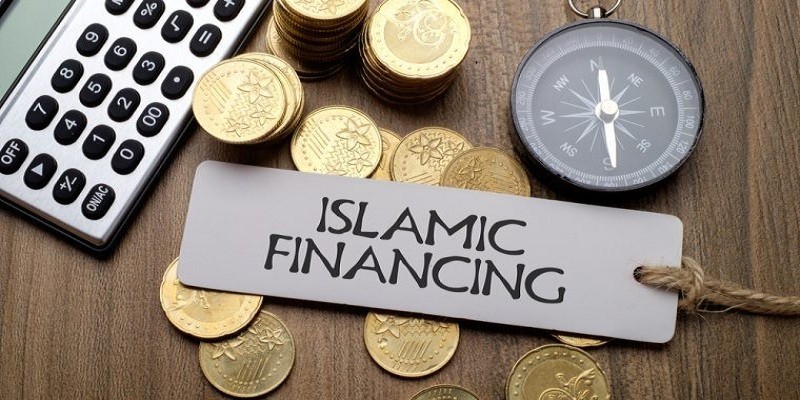
Understanding the differences between Islamic and conventional banking can seem complex, but it's essential for making informed financial choices. While both systems help us manage our money and achieve our financial goals, they do so in very different ways.
Islamic banking follows a set of principles based on Islamic law, which means it does not allow the charging of interest, known as riba. Instead of traditional interest-based loans, Islamic banks use creative methods to earn money. For example, they might help you buy an asset, like a car or a house, and then lease it back to you. This way, they act more like a partner in your financial journey rather than just a lender. Islamic banking also uses a system called Murabaha, which is where they buy an item for you and sell it to you at a profit, eliminating the need for interest. Additionally, investments in Islamic banking are carefully selected to avoid anything considered harmful or unethical, such as gambling or alcohol.
On the other hand, conventional banking is the more common approach that most people are familiar with, and it does involve interest. Conventional banking system operates on the idea that money available today is more valuable than the same amount in the future. Conventional banks offer a variety of services, but they are not limited by the same ethical guidelines as Islamic banks. This means they may invest in businesses that some people might find objectionable.
The key difference lies in how each system handles profit. Islamic banking aims to create a fairer and morally sound financial environment, promoting a sense of partnership. In contrast, conventional banking focuses on maximizing profits, which can sometimes raise ethical concerns.
Ultimately, the right choice for you will depend on your personal beliefs and financial goals. If you prefer a system that is built around ethical principles and does not involve interest, Islamic banking might be the right fit. However, if you seek more flexibility and a broader range of financial options, conventional banking could be more suitable. It's a decision that reflects your individual values and helps guide your financial journey.



